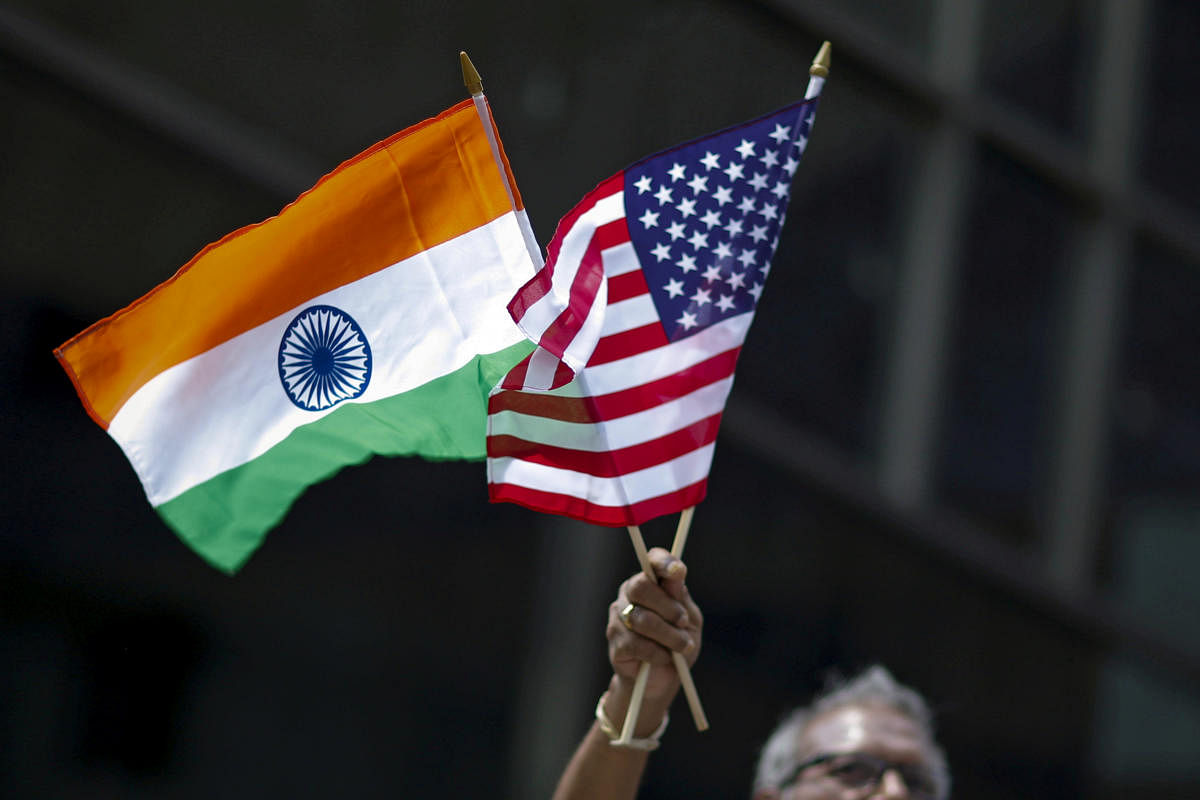
The United States has blamed Prime Minister Narendra Modi's pet “Make in India” programme and additional tariffs proposed on certain products in the Budget 2020-21 for failure of the two sides to conclude negotiation for a trade deal ahead of American President Donald Trump's visit to New Delhi.
The US has also ruled out the possibility of early restoration of the Generalized System of Preferences (GSP) trade privilege for India.
Trump will arrive in Ahmedabad on Monday to commence his maiden visit to India after taking over as President of the US in January 2017. He and Modi will address a rally at a newly-built stadium at Motera shortly after arriving in Ahmedabad.
Prime Minister and US President will hold formal talks in New Delhi on Tuesday.
A trade deal was expected to be among the big-ticket deliverables of the US President's visit to India, but it was taken off the table for now as the two sides failed to narrow differences.
“We have had a number of announcements coming from India in the past several weeks, which are making the discussions a bit more difficult perhaps,” a senior US official said.
“The 'Make in India' push of the Indian Government has made the protectionism concerns even more of a concern to us. We've seen India's budget process recently used to raise tariffs on products of interest in the US,” the senior official of the Trump Administration said during a teleconference with journalists on the US President's visit to India.
“We continue to see important divergences on e-commerce and digital trade.”
Though Indian and American officials did make some headway in narrowing differences and moved closer to finalizing a deal; the tariffs, fees, and cesses proposed by Finance Minister Nirmala Sitharaman in Union Budget 2020-2021 on agricultural products, medical devices, auto-mobile accessories, electronics and electric vehicles emerged as new irritants.
New Delhi, however, conveyed to Washington D.C. that reduction of duties proposed by Finance Minister in her Budget 2020-21 on several items like fuel oil, petroleum coke, plastic, liquid crystal polymers, platinum and microphone parts opened up opportunities for US companies. The US side, however, remained unconvinced.
The senior US official said that the reasons responsible for withdrawing the GSP privilege for India in June 2019 still remained valid. “The concerns that led to the revocation, suspension of India's GSP access remains a concern for us,” he said, adding: “It was really the failure of the Indian government to provide equitable and reasonable access to its markets in numerous sectors.”
The GSP privilege granted by the American Government allowed the beneficiary developing countries to export nearly 2000 products, including auto components and textile materials, duty-free to the US.
India's export to the US under the GSP programme was worth $ 5.7 billion in 2017.
Trump Administration, however, on June 5, 2019 withdrew the GSP privilege granted to India.
New Delhi has since been nudging Trump Administration to restore the trade privilege.
